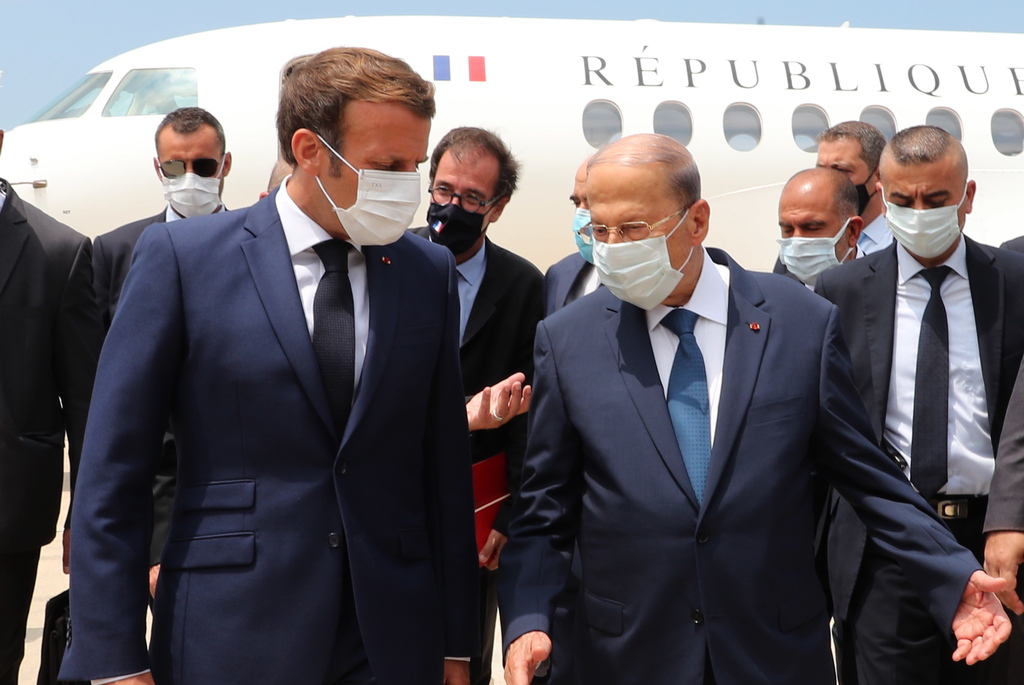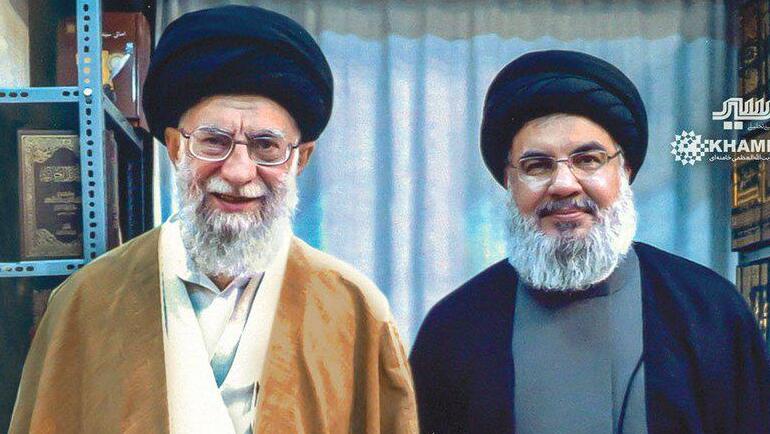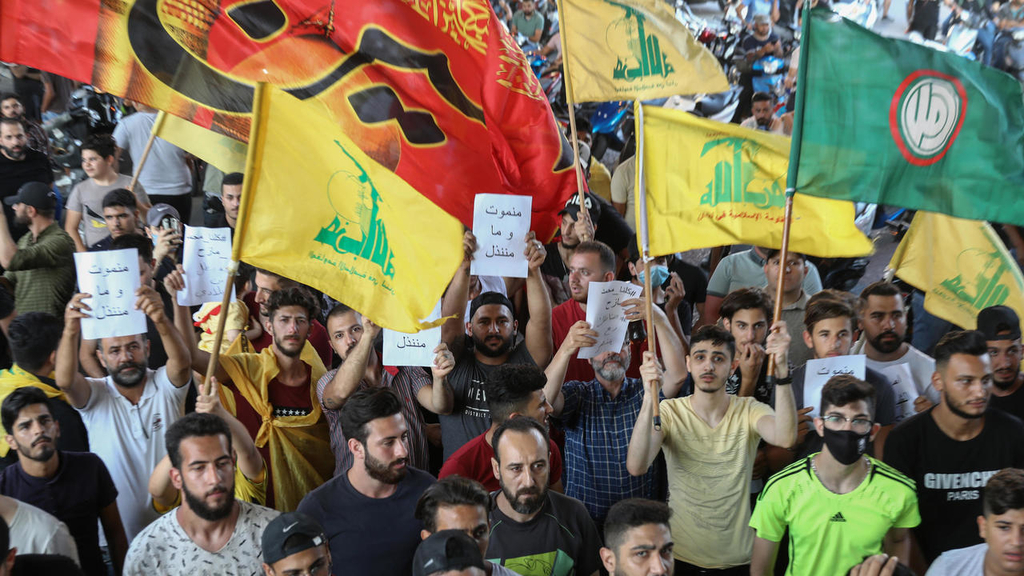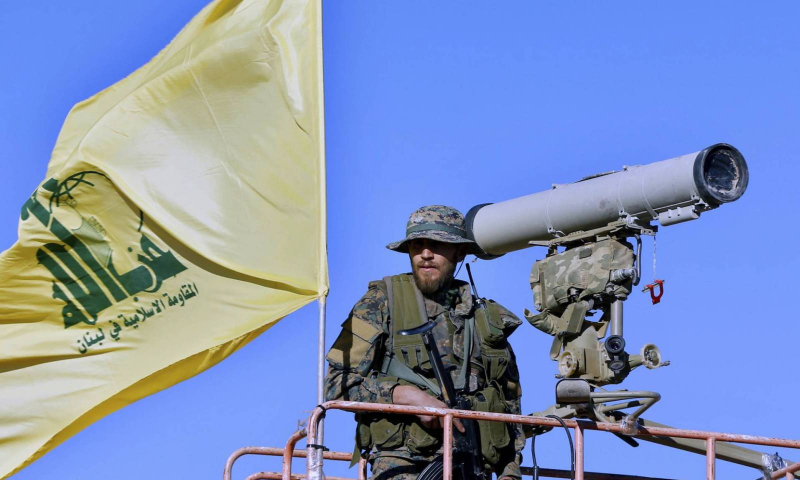In planning and decision-making procedures, there are usually two types of mistakes.
The first and most common error is poor decision-making on a subject under discussion. This mistake might result from a lack of information, shallow analysis, failing to think outside the box or just plain bad luck.
The second mistake is disregarding an issue out of hand. Israel's response to the coronavirus pandemic fell into this category.
Even before a single patient was diagnosed in Israel, nobody in the upper echelons of the government thought to answer the most critical question: How can we monitor everyone coming into Israel through Ben-Gurion Airport, the country's sole international entry point?
This second mistake is also very common when it comes to statesmanship and diplomacy, as evident in the subjects of Israel's dialogue with the United States.
For decades, the two main issues that came up in every summit and meeting were the Iranian nuclear program and the Israeli-Palestinian conflict.
One issue that was disregarded during these talks, however, was Lebanon. As far as Israel was concerned, the problems with Lebanon stem from Hezbollah's military capabilities, and as such it is a purely military issue and in no need of a diplomatic solution.
Israel expressly sticks with the age-old narrative of the U.S. and Europe that Lebanon has "good guys" and "bad guys."
The "good guys" are the Sunnis, Christians and Druze who are in favor of a liberal and pro-Western Lebanon, with the "bad guys" being the Shi'ites and Hezbollah.
The logical conclusion of this paradigm is that one must support the "good guys" by weakening the "bad guys."
The political situation on the ground in Lebanon is hugely different. In reality, the Christian-Sunni elite and Hezbollah work under a power-sharing agreement.
But along came a political-economic crisis to ravage Lebanon, and suddenly the West saw a one-time-only opportunity to really upend Lebanon's political reality.
5 View gallery


Lebanese President Michel Aoun welcomes French counterpart Emmanuel Macron to Beirut, Sept. 2020
(Photo: Reuters)
France has already designated itself as the lead role in aid efforts, but it cannot do it alone.
Now the new administration in Washington has an opportunity to engage in dialogue with Lebanese President Michel Aoun, who is struggling to build a stable government, and make him the following offer: American aid in exchange for a commitment to shut down all of Hezbollah's precision missile workshops and installations.
5 View gallery


Iranian Supreme Leader Ali Khamenei and Hezbollah chief Hassan Nasrallah
(Photo: Archive)
Hezbollah will initially refuse, but the organization is first and foremost a political group that is extremely fearful of losing legitimacy among the Lebanese public.
The moment the people of Lebanon, who are mostly Shi'ite, realize that there are two options – either standing up to the Americans and risking total collapse or agreeing to the offer despite the bad taste it leaves in their mouths – they will go along with Washington.
The possibility of them agreeing to it increase further if the Americans push for a stricter proposal - accept the offer or face U.S. economic sanctions on Lebanon.
This kind of approach has three major advantages for both Israel and the U.S.
Firstly, if the proposal does go through, it will eliminate Israel's greatest current military threat. If the proposal is not accepted, Hezbollah will be pushed into a corner in Lebanese politics.
Secondly, any damage done to Hezbollah immediately be felt by its patron Iran. The Islamic Republic is trying to intervene in many countries in the region, mainly Iraq, Yemen and Syria.
5 View gallery


Supporters of the Shi'ite-aligned groups Hezbollah and Amal attend a rally in Beirut
(Photo: AFP)
But the only country it has managed to completely influence is Lebanon. Iran controls Hezbollah and Hezbollah is the de facto ruler of Lebanon.
So why risk a direct confrontation with Iran when it is much easier to hit it through Lebanon?
Thirdly, unlike the Iranian nuclear program and the Palestinian issue, this is a matter that is not expected to cause any disagreement between Jerusalem and Washington.
All that needs to be done is to convince the U.S. to change its perspective of Lebanon - and score a massive diplomatic achievement with zero risks.



